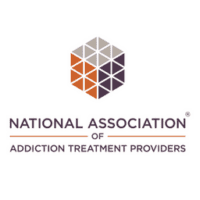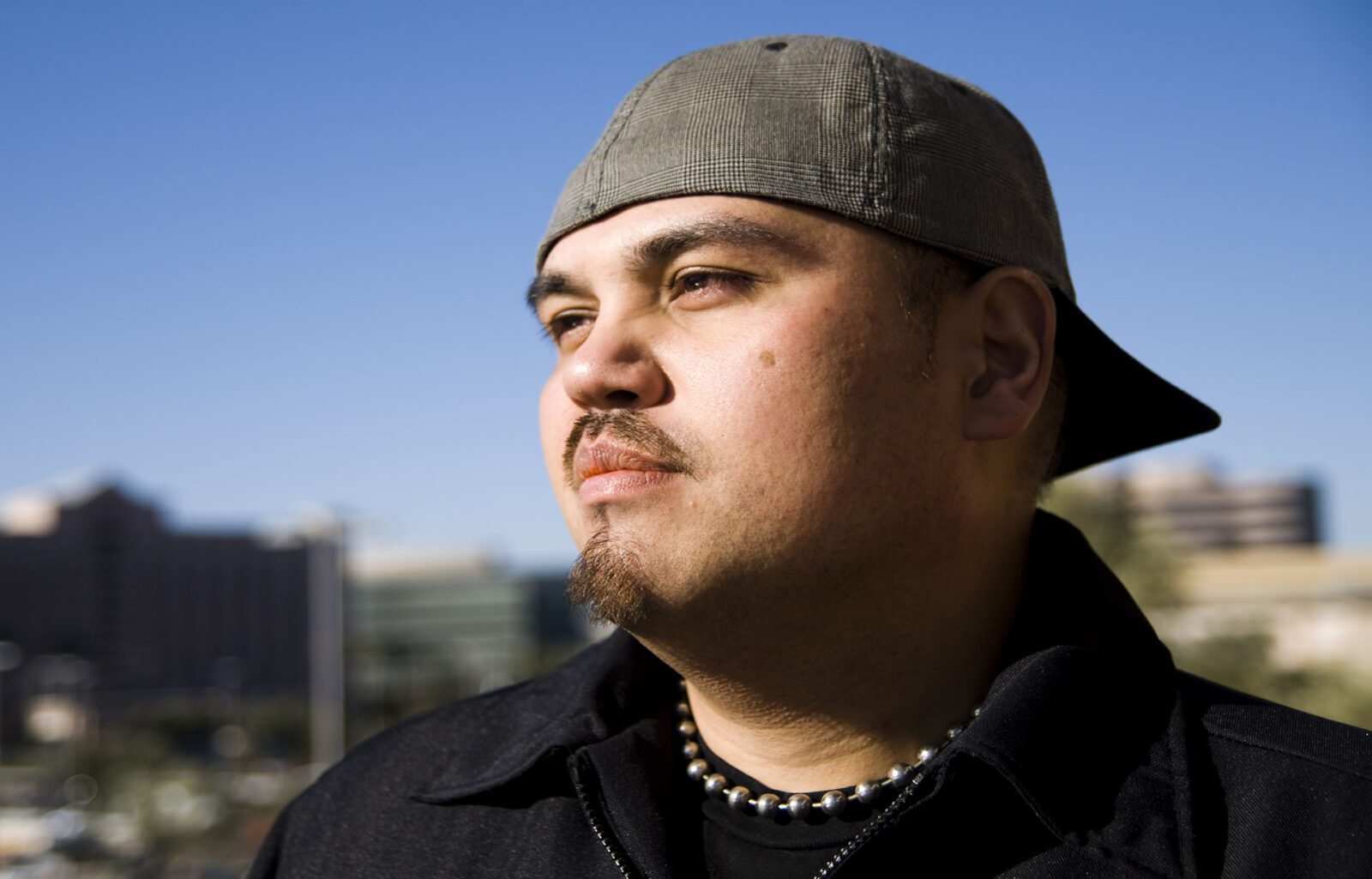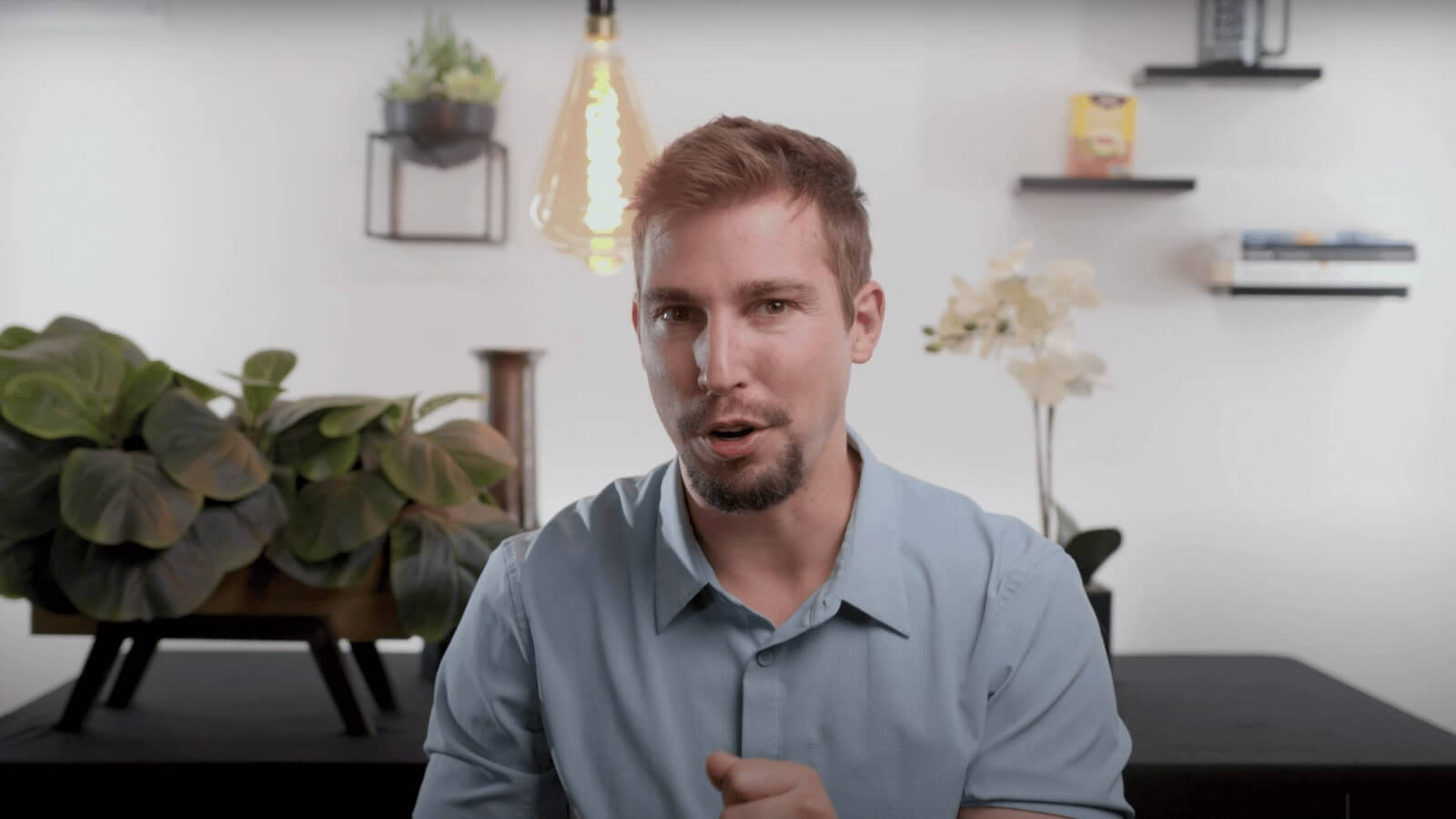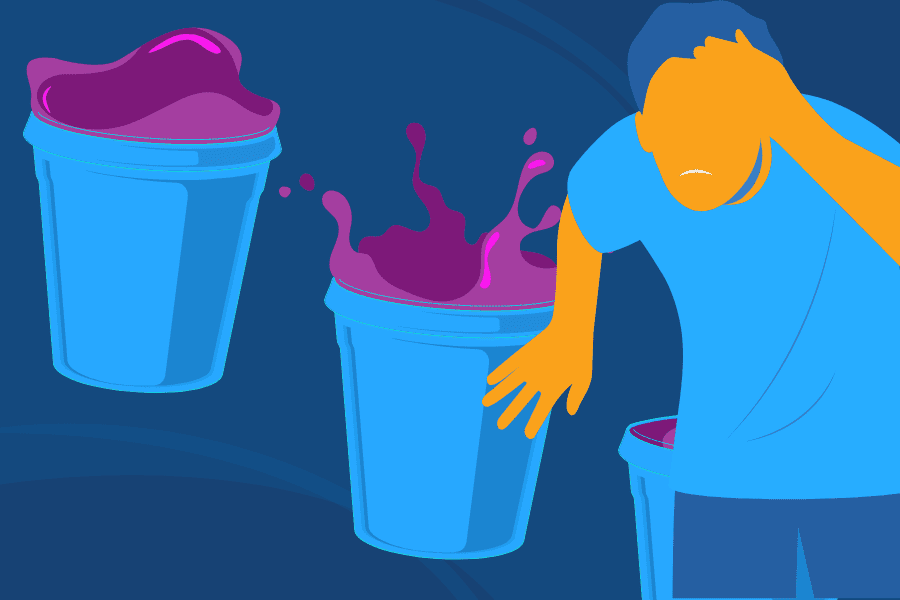The forefront of addiction and recovery is inundated with outdated and blatantly false information. Because of this, there can be a lot of shame and embarrassment tied to the disease of addiction, making it even more challenging to get well.
It is important to talk about addiction openly and honestly so that not only those who need treatment get the support they need, but those around them can understand how to be a positive support system.
Drug addiction is a choice. The user could just stop if they wanted to.
This is probably one of the biggest misconceptions. In fact, leading authorities on addiction agree that substance abuse is a chronic disease similar to heart disease, diabetes and cancer.
There are a variety of factors that go into why someone would struggle with addiction. Life circumstances like trauma, mental illness, or genetics can contribute but sometimes it has nothing to do with it. Addiction can happen to anyone.
Once addiction takes hold, the brain chemistry can actually change making it hard to control impulses. The substance becomes a craving, an obsession that can become more important than other aspects of life. The reward of addiction overcomes.
Drug addicts are bad people
No one plans to become an addict. It is a force that takes hold no matter what your life circumstance. Addiction itself can cause someone to become a person who steals for more money or drugs, isn’t available to friends or family, or makes irresponsible choices that they wouldn’t have made otherwise.
But they aren’t an addict because they were a bad person, they may become a bad person and make bad decisions because they are an addict.
You can’t be an addict if you hold down a job
When many people picture an addict they picture a dirty, unkempt bum with no job or goals in life—yet another stereotype that society perpetuates. Many addicts function in a regular life and can even lead very successful lives.
High-functioning addicts like this are masters at covering their tracks so that their addiction goes unnoticed. This is especially dangerous because it makes it much more difficult for friends and family to intervene before it is too late.
You’d know if someone close to you was addicted
It’s not always as transparent as you’d think. As mentioned above, there are lots of “high-functioning” addicts. Addiction comes with a lot of guilt and embarrassment so many develop behaviors that allow them to effectively hide their addiction, at least for a period of time.
Know the common signs or behaviors that can indicate an addiction, some include: financial problems, losing interest in things they once loved, becoming isolated or secretive, and weight loss and unhealthy appearance.
Know that the disease of addiction is progressive and as time passes it will only continue to worsen.
Once you receive treatment your journey with addiction is over
Addiction is a lifelong process. Many who have been clean for years fall off the wagon. It takes a constant effort and unconditional support to stay ahead of the disease.
Relapse is a sign of failure
Relapse is a natural part of the recovery process. It does not, in any capacity equate to failure. According to the Journal of the American Medical Association, 40% to 60% of those who get substance abuse treatment will relapse within 1 year.
Whether or not you are recovering from drugs, changing any habit can be hard. Having a mental and physical dependence on something makes it that much more difficult.
Alcohol addiction isn’t as bad as drug addiction
Alcohol is acceptable and easily accessible; you could even say it is celebrated in American society. Millions partake in drinking as a social activity, and unfortunately this can be where alcohol addiction starts.
The social aspect creates the impression that it is in some way less dangerous than drugs like heroin or cocaine but the fact of the matter is, alcohol is a drug, a devastatingly deadly drug.
According to The National Institute on Alcohol Abuse and Alcoholism, alcohol is the third leading preventable cause of death in the US.
There is a one-size-fits-all treatment
There is nothing that can magically cure any addiction. Everyone responds to treatment very differently, even if it is the same substance being abused. A successful treatment should be tailored to the individual and their specific needs.
You should keep your struggles with addiction a secret
Many think loved ones will think less of them, it will affect their status at work, or their friends will judge them for their addiction. But this is all minuscule when it comes down to your health and ultimately, the quality of life you are living.
Keeping a secret is a huge psychological burden and takes quite the effort to maintain. Letting your friends and family see changes in you without any context is difficult on both ends. Letting them know what is going on opens the door to beneficial support.
Sometimes people have a lot more empathy than you’d think. It is important to seek support in any way. If you are not ready to share with your loved ones, every state has a variety of Alcohol Anonymous and Narcotics Anonymous meetings available by region.
You must hit rock bottom to have a successful recovery
“Rock bottom” varies from person to person but it is not a prerequisite for seeking treatment. Recognizing early that an addiction is getting out of hand is crucial. An addiction doesn’t just simply taper off; it will continue to escalate until there is nothing left to lose.
But it would be naive to say it is as easy as just recognizing the problem—and then putting a stop to it by seeking treatment. However, encouraging a loved one to seek treatment may give them the motivation they need. If they aren’t ready to begin treatment, at least they are aware of the option.
But, in order to be successful, the individual going to treatment needs to be engaged and willing to change.

Addressing Your Addiction
If you are concerned about yourself or someone you love, reach out. Whether you are letting people know for the first time or addressing someone that has a problem, it needs to start somewhere. It will be uncomfortable but the momentary discomfort does not compare to the grave dangers of prolonged addiction.
Be supportive, open and honest both for yourself and those around you. There is no time limit in the process of recovery, take it in strides. Everyone’s journey will be different.
Sandstone Care offers a full continuum of care for teens and young adults ages 13-30 and offers medical detox services for anyone over the age of 18. We have 2 detox centers: one in Colorado Springs and another in Fairfax County, Virginia. We strive to provide resources for alumni of our programs, because we know how difficult it can be to use resiliency when you need it most.
Our Accreditations











